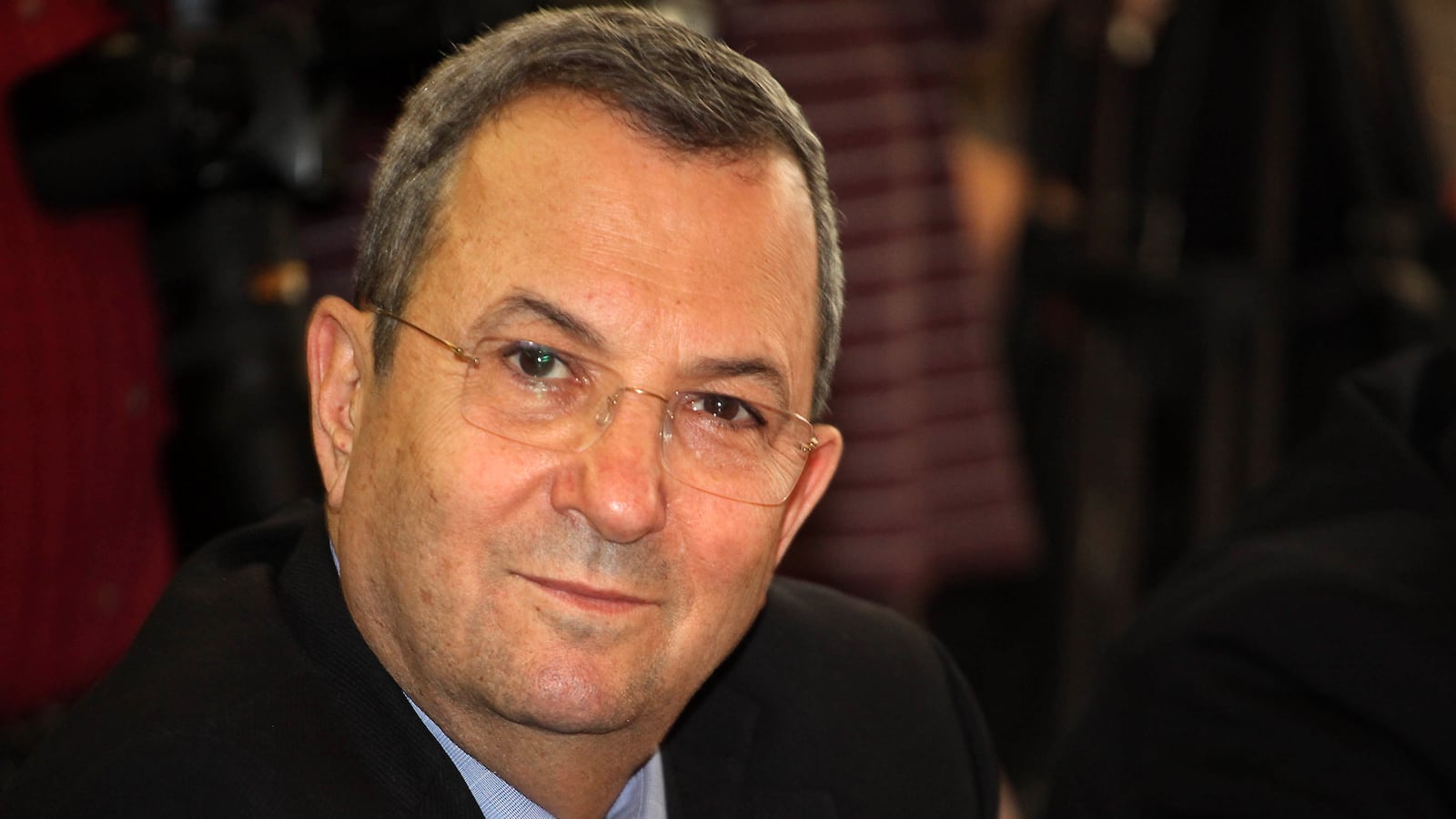In response to recent criticism that Zion Square will be a left-leaning arena, Peter Beinart argued that he expects me, among others, to "challenge it from the right." I, a long-time member of the political left, was touted as a voice that is expected to “challenge from the right” the left-wing writers of Zion Square.
But in truth, I do plan to be a different voice from that which has been previously called left, because the left to which I belong has little to nothing to do with what is being expressed here.

This is the left that I left behind when in January 2011, together with Ehud Barak, the then Chair of the party, and three other members of Knesset, I gave my hand to splitting the Israeli Labor party and created a new faction and party by the name of Independence.
The argument that the split was ideological was met with derision. But it was ideological. All of us, partners to the split, have had it with the feature that has taken over large parts of the party and the Israeli left that it was supposed to lead: endless self-flagellation. Whether it was the continued conflict and the absence of peace, or the mere absence of negotiations and the fact that the Palestinians still did not have a state, Israel was singularly responsible.
Perhaps inspired by the post-colonial, guilt-ridden global left, in the mind of the new Israeli left, the Palestinians and Arabs were responsible for nothing. Their situation has become de-contextualized. All there is and all there has ever been is “occupation,” sprung into existence out of Zeus’ head, stripped of any historical context, naked of any memory of continued Arab and Palestinian rejection of Zionism and the right of the Jewish people to self-determination in the only land in which they were ever sovereign.
In a remarkable show of circular logic, the Palestinians are to be absolved of any responsibility for their situation as long as they are “occupied.” But since the historical context of the “occupation,” and their part in bringing it about, has been erased, the Palestinians are absolved of all responsibility for eternity. This deprives them of the most basic dignity given to all adults and equal peoples: the expectation that they are responsible for their actions and the subsequent outcomes.
Despondent after the failure of the Camp David negotiations in 2000, empty from the loss of hope for the immediate possibility for peace, this Israeli left, which until that point found a home in Israeli Labor Party preferred to shoot the messenger, Ehud Barak, the Prime Minister and the then chair of the party, rather than accept that maybe, just maybe, the fact that the Palestinians don’t have a state has something to do with their own actions and beliefs.
The Labor party has become a shadow of the proud old Labor Zionist tradition. Labor Zionism as carried through the Labor Party and its antecedent Mapai was never a party to wallow in guilt and self-flagellation. At its best, it marked the Zionist spirit with assumption of collective responsibility, hard-nosed pragmatism, and the pursuit of peace without any illusions about our neighbors and their intentions. It was intent on building Israel’s military, economic and social strength, acknowledging that peace could only be made possible when Israel’s enemies will accept that it cannot be subdued by force.
The continued refusal to accept that the split in the Labor Party is ideological reflects the denial of the deep ideological crisis of the left in Israel as it addresses Zionism and the Conflict. As members of the Labor party meet with their ideological counterparts, especially in Europe, they find parties that can no longer truly accept and digest the notion of Labor Zionism.
As I embarked on my political and foreign policy work about a decade ago I frequently met with my European Socialist colleagues. As a member of the Labor Party they assumed that we were ideological kins. Year by year this kinship was increasingly put in question. The classic Zionist positions I presented had less and less resonance among European Socialists. Any attempt to argue that the Arabs and Palestinians bear responsibility for their fate was flatly rejected. Whether it was in a speech to the Socialist members of the European Parliament in 2006 after the Second Lebanon War, or numerous meetings with delegations of European socialist parties ever since, my words would resonate only as long as I was willing to provide Israel's pound of flesh and to engage in front of them in exhibitions of self flagellation.
In a visit to the European Parliament during yet another discussion of the Conflict, this change was visually striking. In the semi-circle seated from right to left, pro-Israel positions and even centrist Zionist positions were expressed by the right side of the semi-circle of the European Parliament. The more they came from the left side of the semi-circle their positions became anti-Zionist and almost anti-Semitic.
It seemed that if I were to express the most basic Zionist ideas of the right of the Jewish people to their own state, their historic connection with the land, and the existence of responsibility of Arab and Palestinian leaders for their present condition, I could find resonance only among the European right. Increasingly to the European left if you are Labor, and so count yourself in the left, you cannot be Zionist and vice versa. The mere insistence on Zionism, on the continued justness of the cause of Jewish self-determination and liberation in the Land of Israel, on the legitimacy of the Jewish claim to sovereignty in at least part of Israel, has been politicized such that it places one strictly on global political right.





